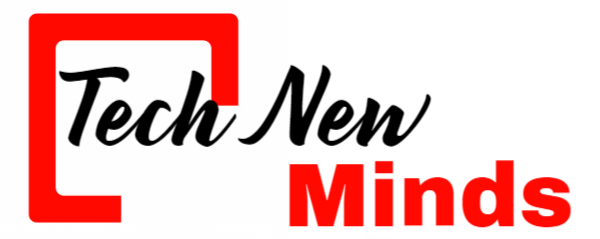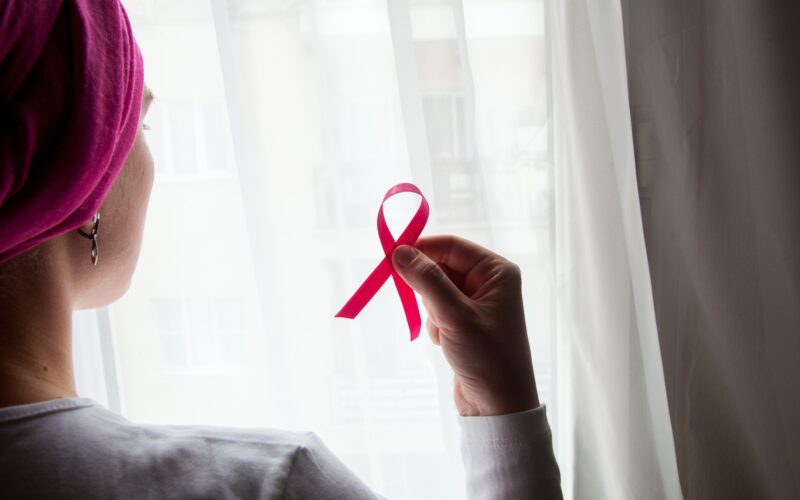For treating different types of cancer, doctors use a chemical process widely known as Chemotherapy. Adjuvant chemotherapy is when you get chemotherapy after surgery.
Here, we will dig a tad deeper into the facts related to adjuvant chemotherapy, when they are generally employed, the side effects included, and when your doctor might advise you for adjuvant chemotherapy for breast cancer.
What Is Adjuvant Chemotherapy?
Any type of treatment that follows a primary therapy, like surgery to remove a cancerous tumor, is called Adjuvant chemotherapy. The major purpose of adjuvant chemotherapy is to reduce the possibility of cancer recurrence and enhance the result of first-line treatment.
Occasionally cancerous cells are left behind after surgery. It is also likely that cancer cells may be spreading in your circulatory or lymphatic system.
The circulating cancer cells are present in your bloodstream and thus do not appear on imaging tests of the internal organs. However, without proper medication, it can find its way to different organs to create new tumors.
Chemicals in chemo drugs attack rapidly dividing cells, especially cancer cells, throughout your body.
However, it is also vital to understand that chemo drugs can weaken healthy body cells because conventional chemotherapy only targets cancer cells.
The chemotherapy treatment helps lower the threat of spreading cancer to distant organs. Your doctor will supervise you and will scrutinize your therapy experience.
Nonetheless, breast cancer treatment can be done effectively without fear of side effects if detected early.
When Do You Require Adjuvant Chemotherapy?
If you have a specific type of cancer or a certain genetic factor involved, that can lead to a high risk of cancer recurrence during any surgery. Adjuvant Chemotherapies are often employed to treat the following kinds of cancers:
- Lung
- Breast
- Colon
- Rectum
Certain factors also lead to the necessity to employ adjuvant chemotherapy.
What are the Side Effects Of Adjuvant Chemotherapy?
When you get it, there are several probable side effects of chemotherapy. These side effects can differ from one kind of cancer to another and even from one chemo drug to another.
Chemo drugs generally work by attacking fast-dividing cells, mainly cancer cells. But some healthy cells grow fast, too. These healthy cells can also get damaged during the chemo process. And thus, it can be concluded that breast cancer patients and other patients may experience different side effects, some of them are:
- Hair Loss
- Nausea,
- Vomiting
- Fatigue
- Weight Loss
- Loss Of Appetite
- Bruises And Bleeding
- Sores In Mouth
- Dry Mouth
- Infection
- Anemia
- Diarrhea,
- Constipation
- Numbness
- Mood Changes
- Tingling
- Nerve Pain
- Change In The Colour Of Skin And Nail
- Loss Of Attention And Concentration
Everyone responds to chemotherapy differently. You will not have all these side effects at once. These are just some probable list of side effects and can differ.
Certain chemo drugs can also cause long-term impacts such as:
- Early-stage menopause
- Nerve damage
- Cardiovascular Diseases related to heart and lungs
- Also, kidney damage
Your oncologist may advise you on some self-care tips to enable you to deal with some of these side effects. They can even help you to prevent side effects like nausea, vomiting, fatigue by prescribing you drugs along with your therapy.
You may consult the best breast cancer surgeon in India and get some beneficial tips from them.
You may ignore or dismiss some side effects, but remember to mention them to the doctor. Many of these side effects are curable. And even some might demonstrate a serious underlying condition that needs immediate attention.
What are the other kinds of Adjuvant Therapies That May Be Implied With Cancer?
Other than chemotherapy, adjuvant treatments include:
Hormone therapy is often used for hormone receptor-positive breast cancers.
Immuno-oncology or Immunotherapy can be utilized to help your immune system recognize and fight cancer cells.
Radiation therapy can help target a particular tumor or organ.
Targeted therapy may be an option for cancers that carry specific mutations or abnormalities.
The Bottom Line…
Adjuvant chemotherapy is chemo after primary treatment like surgery or radiation.
Before or after first-line therapy, your chemo is based on many aspects, involving the type of cancer, size, biomarkers, and the tumor site.
The main purpose of adjuvant chemotherapy is to lower the threat of spreading cancer or recurrence of cancer again.

